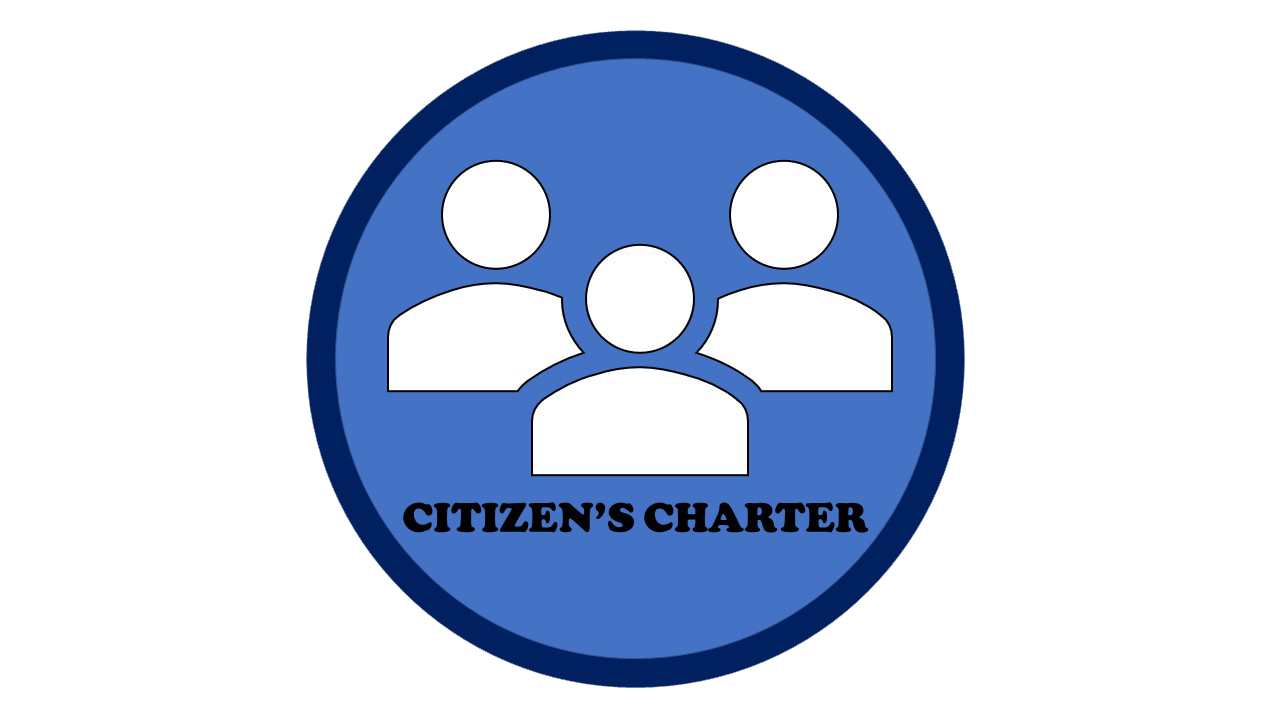
ASIST social sciences faculty recently participated in a Field Research in Social Sciences Training – Workshop, conducted by the College of Social Sciences of UP Baguio through their Social Sciences Research and Extension Institute (SSREI) on June 6-7, 2024.
This activity stems from the collaboration between ASIST and UP Baguio, established through a Memorandum of Agreement on May 25, 2025. The partnership aims to enhance both institutions' core mandates of instruction, research, extension, and resource generation through co-teaching, collaborative research, training, and expertise-sharing.
The workshop featured expert instructors from UP Baguio. Anthropology professors Victoria C. Diaz and Tala S. Ramos introduced qualitative research methods. Museo Kordilyera Director Dr. Jennifer C. Josef led a session on Focus Group Discussion, while History Instructor João D. Reginaldo covered ethnohistory as a research methodology.
Emphasizing hands-on learning, participants conceptualized research topics and conducted fieldwork in four Abra municipalities: Bangued, Tayum, La Paz, and San Juan. On the second day, they presented their findings, receiving valuable feedback from SSREI trainers.
This workshop represents a significant step in strengthening ASIST's research capabilities. By collaborating with UP Baguio experts, ASIST is investing in the professional development of its educators, which will ultimately benefit the institution's research output and education quality.
The partnership between ASIST and UP Baguio exemplifies how institutions can work together to advance academic excellence and community engagement. Through such collaborative efforts, both institutions are creating opportunities for shared learning, enhancing research skills, and contributing to the broader academic community in the region.
This initiative underscores the importance of inter-institutional cooperation in higher education, fostering a culture of continuous learning and improvement among faculty members, which in turn enriches the educational experience for students and strengthens the overall academic landscape.



















